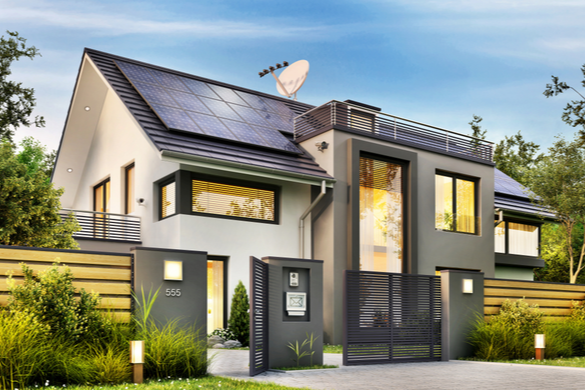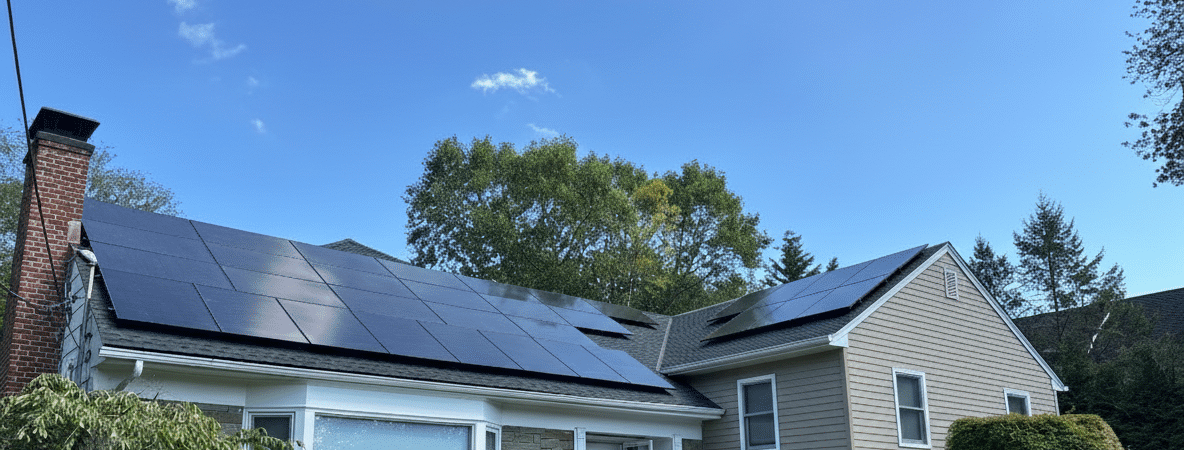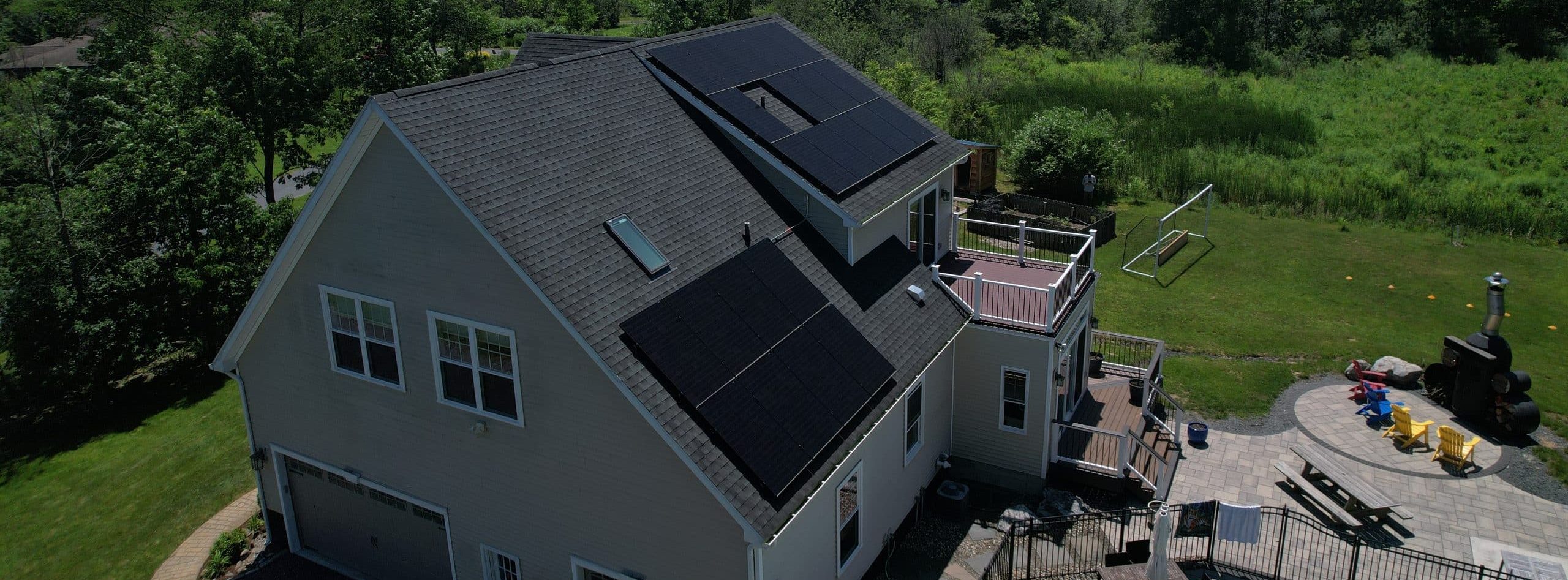There are several steps to plan for residential solar panels NJ system installations. At first, a solar panel investment can seem daunting for homeowners. Indeed, they need to find a reputable installer, schedule a site assessment, and secure the proper permits before the solar installation can begin. In addition, the switch to solar can be a significant investment. As a property owner, you need to know how to plan for your solar installation. This way, you can choose the best financing options, system components, and solar contractors that meet your needs. Of course, you’ll also be able to navigate the installation process. Read on to learn about how to plan for residential solar panels NJ system installations.
Estimate Cost Savings
First, you need to estimate cost savings to plan for your residential solar panels NJ installation. On average, New Jersey solar panels cost about $2.78 per watt. For a 6kW solar system, homeowners usually pay about $12,500 if they are eligible of the federal solar tax credit. Notably, these solar panel systems usually pay for themselves in about 4 to 5 years. Over the lifespan of your solar system, you could potentially save over $50,000 in electric bill costs. Of course, different homes may have different energy requirements and utility bills. To get an accurate cost savings estimate, you can get a quote from your local solar contractor. Then, compare that to what you would pay for electricity over the next 25-30 years. Absolutely, estimate your cost savings to see how much you can save with residential solar panels NJ in the long-term.
Evaluate Your Financing Options
Next, you should evaluate your solar energy equipment financing New Jersey when planning for your residential solar panels NJ installations. Typically, the best solar panel providers offer loan and lease options for customers to pay for their system. With a solar loan, you usually pay fixed rates for your rooftop installation. Depending on your loan terms, you can often pay this over 5, 10, or 15 years. Additionally, solar loans allow you to own your solar panel system. On the other hand, solar panel leases are great financing options as well. Under a lease, you typically pay your solar company a fixed rate for 25 years. Notably, some installers offer $0 down payments for both loans and leases. Of course, you could also pay on installation if this suits your financial status as well. Definitely, evaluate your financing options to prepare for your residential solar panel installation NJ.
Look For Incentives & Rebates
In addition, you should also look for incentives and rebate programs as you shop for residential solar panels New Jersey. For example, the federal investment tax credit (ITC) offers a 26% tax credit for installations that begin before 2023. If you purchase a $14,000 solar panel system, you could potentially save over $3,000 on your installation. To qualify for this incentive, you must own your solar panels through a solar loan or cash payment. Additionally, New Jersey also offers Transition Renewable Energy Certificates (TRECs). With this program, homeowners earn a certificate for every megawatt of energy they generate. Then, they can sell it back to the utility company. Often, homeowners who produce 7MWh per year make over $600 by selling their TRECs. In short, look for incentives and rebates as you plan to install residential solar panels NJ.
Choose Solar System Components
Moreover, choose your system components as you prepare for your residential solar panel NJ installation. When selecting a solar panel model, you should evaluate their effectiveness based on efficiency, durability, and manufacturer quality. For example, some of the best residential solar companies offer LG solar panels. With over 30 years in the solar industry, LG is a highly reputable manufacturer. In addition, they offer some of the most efficient modules on the market, often over 19%. Plus, they are designed to withstand real-world conditions and often have a 25-year warranty. Of course, you should also consider your inverter options as well. Often, microinverters allow you to generate more sunlight for your system. When selecting your equipment, you can also consider the solar cost per panel NY and NJ. Certainly, choose the system components for your residential solar panels NJ installation.
Obtain Bids & Site Assessments From Installers
Furthermore, you should obtain bids and site assessments from your local installers as you plan residential solar panels NJ installation. Importantly, you should look for reputable, local installers in your area. Often, these solar companies are familiar with your region’s topography. In addition, they will likely know the proper building permit requirements for a smooth interconnection. By getting multiple quotes, you can assess which company meets your financial needs. Of course, you can also see who offers the best solar equipment, warranties, and services. Undoubtedly, obtain bids and site assessments from local installers for a smooth residential solar panel installation process NJ.
There are several steps to plan for residential solar panels NJ system installations. First, it is essential to estimate cost savings to see how much you can reduce your utility expenses with your solar installation Orangeburg NY and other areas. Next, you should evaluate your financing options for your residential solar panel system. In addition, look for incentives and rebates to offset your installation costs. Moreover, choose your system components to get the most efficient, durable residential solar system. Furthermore, you should obtain bids and site assessments from local installers. Follow these steps to plan for residential solar panels NJ system installations.












